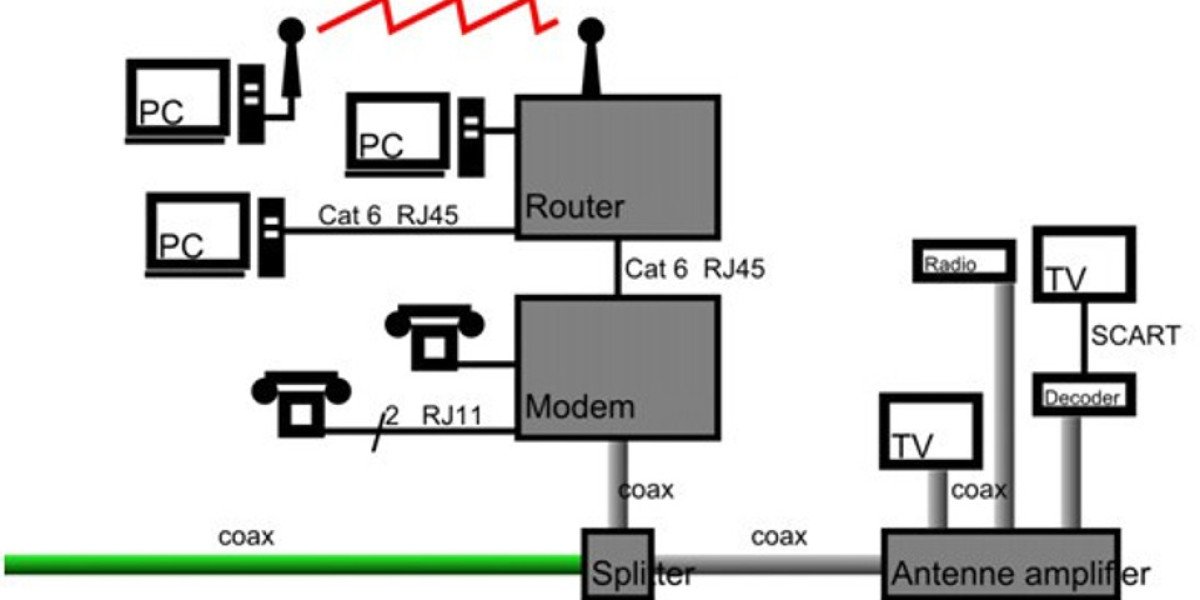Gas safety is a critical aspect of home maintenance that should not be overlooked. Every year, thousands of accidents related to gas leaks, faulty appliances, and carbon monoxide poisoning occur, posing significant threats to the health and safety of homeowners and their families. To mitigate these risks, many countries and regions require homeowners to obtain a Gas Safety Certificate (also known as a gas safety check or inspection). This article will delve into the importance of gas safety certificates, what they entail, and how homeowners can ensure their compliance.

What is a Gas Safety Certificate?
A Gas Safety Certificate is a document that confirms all gas appliances and installations in a home are safe and have been checked and maintained by a qualified professional. This certificate is typically required annually and is a legal obligation for landlords in many areas. However, even for homeowners who do not rent out their properties, obtaining a gas safety certificate is a wise practice to ensure the well-being of all occupants.
Why is a Gas Safety Certificate Important?
Preventing Gas Leaks: Gas leaks can be extremely dangerous, leading to explosions and fires. A gas safety inspection can identify any leaks or faulty connections, allowing them to be repaired before they become a serious hazard.
Detecting Carbon Monoxide: Carbon monoxide (CO) is a silent killer, as it is odorless and colorless. Faulty gas appliances can produce CO, which can cause severe health issues or even death. A gas safety check can detect if CO is being produced and ensure that ventilation systems are functioning properly.
Compliance with Legal Requirements: In many regions, obtaining a gas safety certificate is a legal requirement. Non-compliance can result in penalties, fines, and legal action, especially if an accident occurs due to negligence.
Peace of Mind: Knowing that your gas appliances are safe and functioning correctly can provide peace of mind. This is particularly important for families with young children, elderly individuals, or those with health conditions that make them more vulnerable to the effects of gas-related hazards.
Insurance and Mortgage Requirements: Some insurance companies and mortgage providers may require a gas safety certificate as part of their terms and conditions. Failing to provide this document can result in policy cancellations or mortgage issues.
What Does a Gas Safety Inspection Include?
A comprehensive gas safety inspection typically involves the following checks:
Gas Appliances and Installations: This includes boilers, cookers, heaters, and any other gas-powered devices. The inspector will check for proper installation, maintenance, and operation.
Ventilation: Adequate ventilation is crucial to prevent the accumulation of harmful gases. The inspector will ensure that all gas appliances have proper ventilation and that air vents are not blocked.
Flues and Chimneys: These are essential for the safe expulsion of gases. The inspector will check for blockages, damage, or deterioration that could impede the flow of gases.
Pipes and Connections: The inspector will examine all gas pipes and connections for leaks, corrosion, or damage. This includes checking the integrity of pipe joints and seals.
Carbon Monoxide Detectors: If carbon monoxide detectors are installed, the inspector will ensure they are working correctly and are placed in the appropriate locations.
Documentation: The inspector will provide a detailed report of the inspection, noting any issues and recommending necessary repairs. This report is the Gas Safety Certificate.
How to Obtain a Gas Safety Certificate
Hire a Qualified Gas Engineer: Ensure that the person conducting the gas safety inspection is a qualified and certified gas engineer. In the UK, for example, this means they should be registered with the Gas Safe Register.
Schedule the Inspection: Arrange a convenient time for the inspection. It is recommended to schedule this annually, or more frequently if you have older or frequently used gas safety certificate homeowner [www.mkgassafety.co.Uk] appliances.
Prepare for the Inspection: Before the inspection, ensure that all gas appliances are accessible and that the area is clean and uncluttered. The engineer may need to move furniture or access restricted areas.
Review the Certificate: Once the inspection is complete, carefully review the Gas Safety Certificate. If any issues are noted, address them promptly and schedule a follow-up inspection to ensure they have been resolved.
Keep the Certificate: Store the Gas Safety Certificate in a safe place. You may need to present it to insurance providers, potential buyers, or if you rent out your property.
Common Issues Found During Gas Safety Inspections
- Leaking Gas Appliances: This is one of the most serious issues that can be detected. Leaks can be caused by faulty fittings, damaged pipes, or poor maintenance.
- Inadequate Ventilation: Blocked or poorly designed ventilation systems can lead to the accumulation of harmful gases.
- Faulty Flues and Chimneys: Damage or blockages in flues and chimneys can prevent gases from being expelled safely.
- Outdated or Malfunctioning Carbon Monoxide Detectors: These devices need to be in good working order to provide early warnings of CO buildup.
- Non-Compliant Installations: Some older gas appliances may not meet current safety standards and may need to be replaced.
A Gas Safety Certificate is a vital document that ensures the safety and well-being of all occupants in a home. By regularly scheduling gas safety inspections, homeowners can identify and address potential hazards, comply with legal requirements, and maintain the value and safety of their property. Don't wait for an accident to happen—take proactive steps to ensure your home is a safe and secure environment for everyone.







